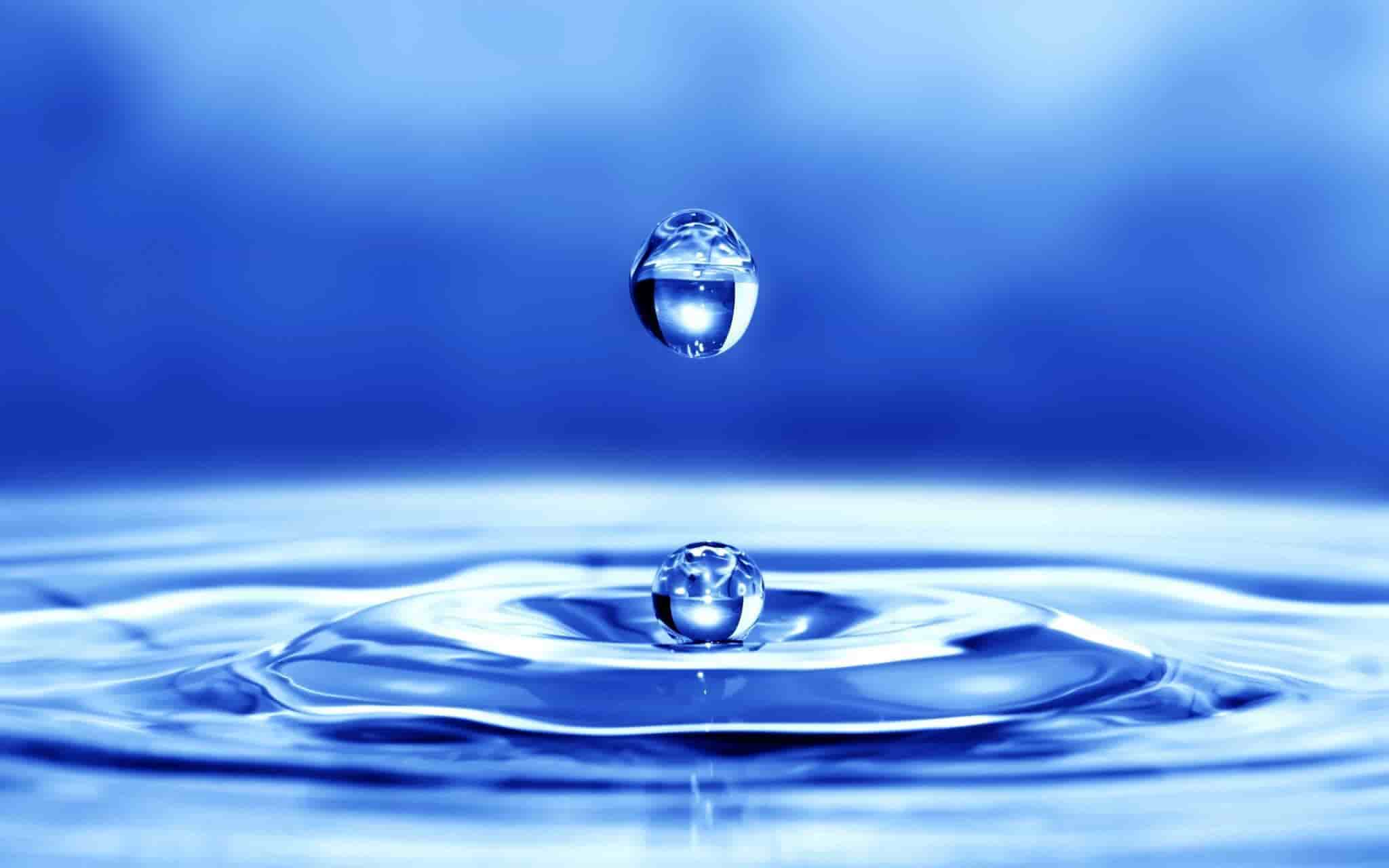R718 COOLING TECHNOLOGY

Technology Water chiller compressor (R718) is a natural and environmentally friendly refrigeration technology. Technology using natural refrigerants, multi-generation systems, energy efficiency of thermal systems, low-temperature waste heat use and cleaner production.
A new compact R718 water chiller is proposed with the integration of a centrifugal compressor stage and a two-stage condenser nozzle as a second stage compressor.

The R718 water chiller operates on the same compression principle as standard water chillers but uses a refrigerant that is not harmful to the water (R718). The biggest challenge of this technology is the pressure ratio of 7.2 between the high and low pressure side at the evaporator temperature of 4°C compared to the 2.8 of the R134a chiller and the high density of the water. For a cooling capacity of 1000 kW and an evaporator temperature of 4°C, the suction flow is 60 m3/s for R718 while for R134a it is only 0.3. The R718 water chiller can be used to replace all standard chillers due to its eco-friendly and non-hazardous characteristics.
Advantages:
The main advantage of this technique is that it uses naturally cooled water (R718) of zero GWP. The standard technique uses the fluorinated compound R134a with a GWP of 1300. Due to the leakage of R134a and other fluorinated gases into the atmosphere, refrigeration applications have a significant greenhouse effect in addition to the impact of electricity consumption. Furthermore, water is cheap, non-toxic, and easy to obtain. In addition to completely avoiding direct greenhouse gas emissions, the R718 chiller is also more energy efficient than a standard water chiller because water is the refrigerant and refrigerant at the same time. Thus, losses due to heat transfer are prevented.
Water has no toxic properties compared to other refrigerants such as ammonia (R717) which is toxic. It does not burn like propane (R290) and does not present a suffocation hazard in the event of an accident and results in high emissions of HFC refrigerants. Water does not have the same global warming potential as the most commonly used HFC refrigerants, R134a and R410A (GWP = 1975).
